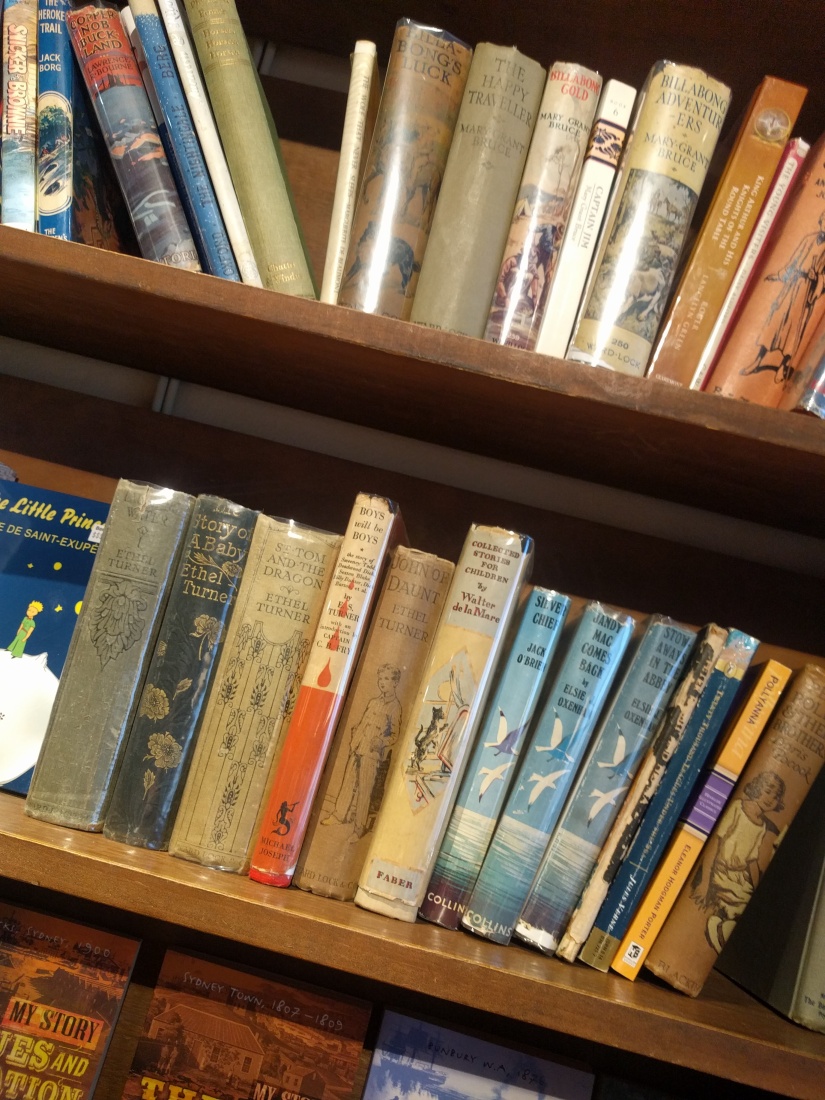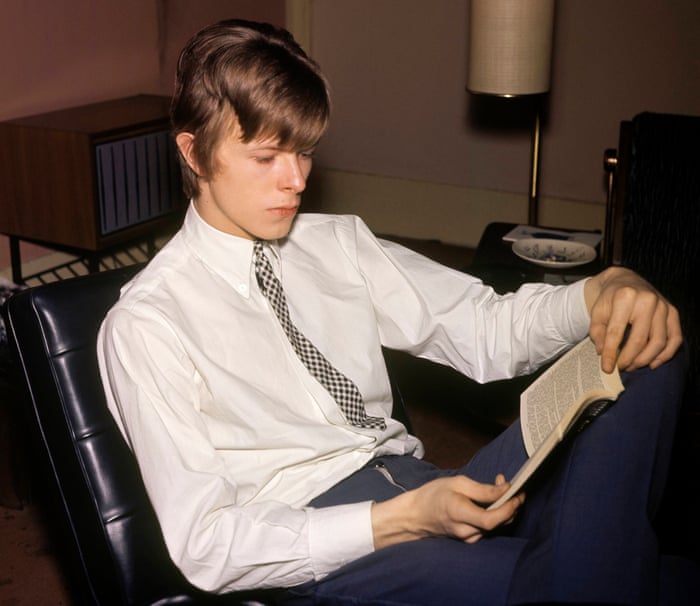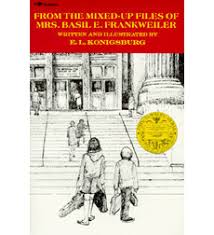If you are like me, you read. A lot. Constantly. You have books going at home, on your phone when caught (horror!) without a paper book. Books at work, for work. Articles saved to devour, later. Fiction and non-fiction, for study, for self, for work, for the liturgical year, for intellectual and personal improvement, for escape, for story telling, for philosophy and theology wrapped in narrative, for book club. Bits and bobs of books floating in your head, because you read a line or a page and move on.
But some books stand out. You remember them, not necessarily because they were good or bad but because something touched that frozen sea within you.
These are some of the (many) books I read in 2017:
The Dry by Jane Harper: Australian outback. Drought. And an almost colourless main character, detective Aaron Falk. I think it is often hard for a woman author to write a male, and for a male to write a woman. I think Aaron Falk is a simplistic character in a complex story, simply because it was easier for Harper to write a male that way. The story intrigues, however, in spite of this, and in spite of the author’s obsession with weight – every character is a few kilos over ‘ideal weight’ or thin and at ‘ideal weight’. Can we describe characters without weight? It would be interesting to try. Nevertheless, the book intrigued me enough to make me read Harper’s second novel Force of Nature. I think she grew into her writing in this novel. It tries less ostentatiously to be Australian; it just is. A mystery with a good twist, set in the Australian bush.
The Strike series by Robert Galbraith (yes, the pen-name of J. K. Rowling): I wanted to see what Rowling was like, post Hary Potter. I wanted to read what has been described as good, old-fashioned detective novels. I think you get hints that this book was written by Rowling – the detail of the world and the curiousity of the characters, for example. I was surprised, however, by the sexist description of women – those pert. high breasts... It may be that Rowling felt this was expected in a detective novel, ostensibly written by a man, with a male detective as the focal point. But what an opportunity missed, to write of women without describing breasts or legs or sexually pleasing looks? Overall, I liked the novels. I enjoyed the plots and the literary inclusions. I am a bit worried that book four, however, will feel compelled to weave romance into the plot. I don’t read detective stories for romance. Actually, I don’t read romance. I guess that says something about me. Good or bad.
Eleanor Oliphant is Completely Fine by Gail Honeyman: I tried to avoid this book. I hate the celebration of quirky characters that you know, like Ove from A Man Called Ove (a book I read this year by Fredrik Backman, for book club), have hearts of gold under problem exteriors, in the narrative, but who, in real life, would be bloody annoying. And harsh. And mean. I think, too, that, in contrast to what these novels write, we are more than our pasts and our childhood, even our difficult childhoods (ask me how I know). But I stray. I gave in to this novel, it kept following me everywhere. And though the story and characters were a little contrived, I think Honeyman ( like Backman) is a good storyteller. And I love stories. The stories of who we are and why we are. The stories of different people, communities, and experiences. The stories of being human. While I gave this book away ( I keep less and less of my books) I loved it. In the end. Though I saw the ‘mother’ twist coming a mile off…..
 The Scandal by Frederik Backman (published in the U.S. as Beartown): I mentioned Swedish writer Backman above. I loved this book. ( You are surprised to hear me say I loved a book, right? After my commentary above. But I did like the books above. Truly. It was just a qualified like). Backman can write characters. He forms plot. He shows us different viewpoints. He tells a really good story ( I cried in Britt-Marie was Here, and smiled in My Grandmother Sends Her Regards and Apologies). A topical story, of a community that struggles , of women and violence, of small town life as it is and not as we wish to see it through rose coloured glasses. Yes, I’ve lived in small, struggling towns.
The Scandal by Frederik Backman (published in the U.S. as Beartown): I mentioned Swedish writer Backman above. I loved this book. ( You are surprised to hear me say I loved a book, right? After my commentary above. But I did like the books above. Truly. It was just a qualified like). Backman can write characters. He forms plot. He shows us different viewpoints. He tells a really good story ( I cried in Britt-Marie was Here, and smiled in My Grandmother Sends Her Regards and Apologies). A topical story, of a community that struggles , of women and violence, of small town life as it is and not as we wish to see it through rose coloured glasses. Yes, I’ve lived in small, struggling towns.
Young Jane Young by Gabrielle Zevin : This mught just be my favourite book of the year. Written from several different perspectives it is laugh out loud funny. It is Jewish humour as only someone who grew up in an American Jewish family could write. Yet, the humour reflects an edge, an important story – why is that when women have affairs with married men, with a married U.S. Senator in this case , why is it that the women are called sluts and whores and are slut-shamed? Even by other women; by other women who stand up as feminists but still blame the ‘mistress’. Indeed. This issue is so topical, and Zevin tells the story with humour and different voices. A really good read.
God is No Thing by Rupert Shortt : A non-fiction book of essays. Philisophical discussion of God. Theological discussion on scriptural interpretation and the effect of culture and context. Yet easy to pick up, and put down; read one essay at a time if you like. I’m keeping this book.
I Could Do Anything , If Only I Knew What It Was by Barbara Sher: While this is a self-help book, a positivist breezy book, it does contain nuggets of good common sense, even life-changing nuggets of ideas and concepts. It helped me recognise that I am not a careerist, pursuing one career, but a scanner, scanning and experiencing many different things, in my life and in my profession and work. And that is okay. I just need to keep reminding myself of that fact (and I need to earn more….). In a rut, both professionally and personally? Read this book. In sections. Not all at once. It is too much positivism to stomach all at once.
Finally, above all, remember why it is that we who are readers read. It just may be because:
“All good books are alike in that they are truer than if they had really happened and after you are finished reading one you will feel that all that happened to you and afterwards it all belongs to you; the good and the bad, the ecstasy, the remorse and sorrow, the people and the places and how the weather was.” – Ernest Hemingway











 In Bridget Jones’ Diary, Bridget wonders why her parents and their generation seem to have it all together. She wonders why they don’t seem to suffer the angst and worry of herself and her friends. Maybe, she ponders, maybe this happens because they didn’t and don’t read self-help books. Indeed, she questions whether the fact the she and her friends constant reading of self-help books is a “sort of, arrogant individualism which imagines each new generation can somehow create the world afresh.”
In Bridget Jones’ Diary, Bridget wonders why her parents and their generation seem to have it all together. She wonders why they don’t seem to suffer the angst and worry of herself and her friends. Maybe, she ponders, maybe this happens because they didn’t and don’t read self-help books. Indeed, she questions whether the fact the she and her friends constant reading of self-help books is a “sort of, arrogant individualism which imagines each new generation can somehow create the world afresh.”







